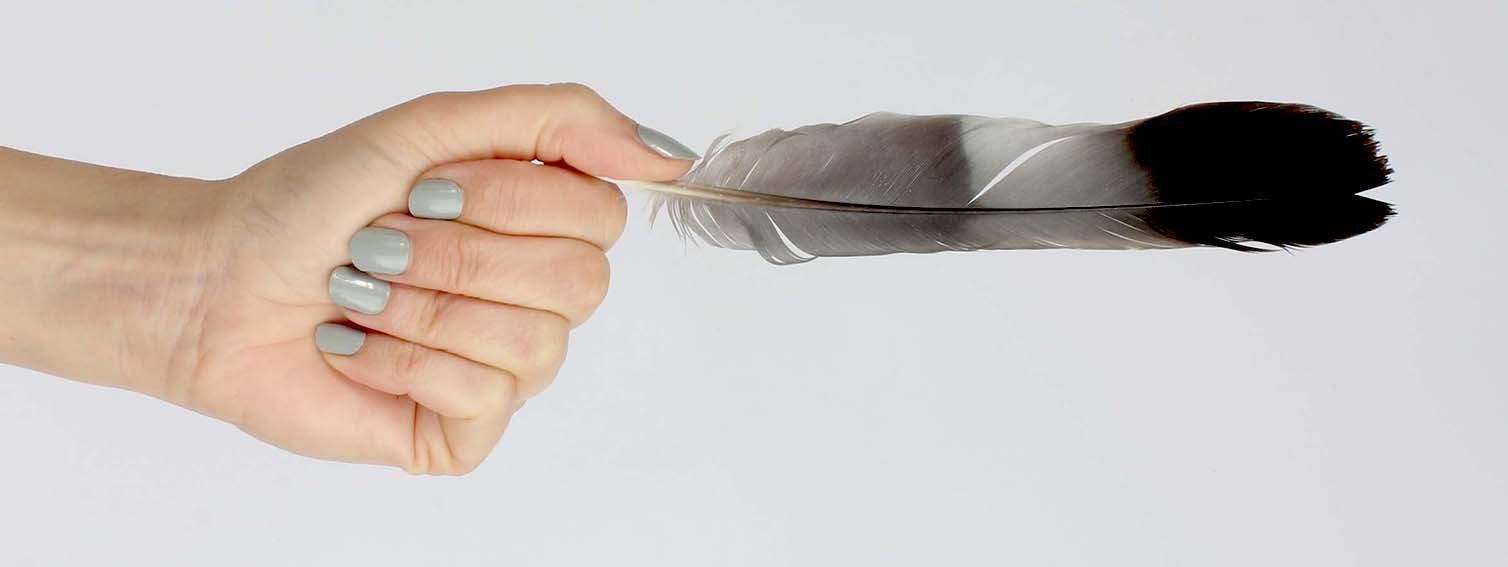MARKETPLACE FOR GOOD GOODS
backpacks 10''-15''
discover sustainable

Sustainability criteria
Made in ...
![]()
Products with the note "Made in ... " originate, as noted, e.g. from Switzerland or the EU. At least 60% of the production costs and essential production steps take place in the country listed. This labelling also serves as a seal of quality for consumers and increases the transparency of the actual production locations and allows conclusions to be drawn about their production circumstances.
Pollutant-reduced raw materials / organic / production
![]()
The criterion "pollutant-reduced raw materials / organic / production" includes articles whose production uses low-pollutant or pollutant-free raw materials and/or production methods.
The criterion lists the corresponding raw materials, certificates or testing bodies so that the customer can quickly get an overview of the raw materials the article is made of and how the article was produced.
The effects on people and the environment are clearly in focus here.
Resource-conserving
![]()
The criterion "resource-conserving" is extremely relevant, as social consumption is considered one of the biggest consumers of resources. On the one hand within the production of goods and on the other hand through the quick replacement of these goods, as many fashion items are subject to seasonal conditions.
Handicraft
![]()
We consider the criterion of "handicraft" to be a decisive aspect in today's age of digital change and automated processes. Many handicrafts and core competences fall victim to automation and thus lose their individual character, uniqueness and authenticity. In times when the whole world is talking about digitalisation, we at Traggut try to preserve the tried and tested with the articles we offer and to secure jobs in the production sites.
Social responsibility
![]()
The criterion "Social Responsibility" stands for socially responsible production conditions and fair trade and is closely related to the criterion "Made in...".
Articles that meet this criterion assure that the employees are paid fairly for the work they do. Fair production thus includes adequate remuneration of the staff, a negotiated price that covers the production costs and provides a long-term income.
CO2-saving
![]()
When we think of the criterion "CO2-saving", we think first of all of transport. Due to shorter and consciously chosen transport routes, a production can be regarded as CO2-reducing. However, in addition to transport, a product can also have a low CO2 production.
Vegan
![]()
The criterion "vegan" means products that are completely free of all animal products. In their development and production, foods such as meat, fish, gelatine, egg, milk products and honey, but also beeswax, leather, wool and silk are dispensed with.
Plastic-free
![]()
Upcycling
![]()
In the case of "upcycling" products, waste products or (apparently) useless materials are transformed into new products. Not to be confused with the term "recycling", the process of which produces the same product. For example, discarded glass is turned into bottles etc. again.
The recycling or reuse of existing material reduces the use of new raw materials and thus saves resources.


























